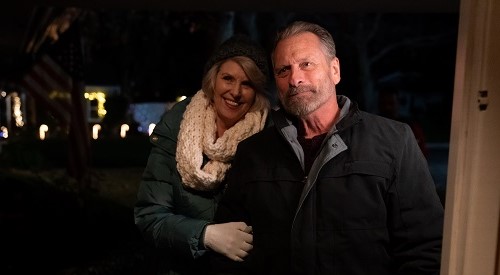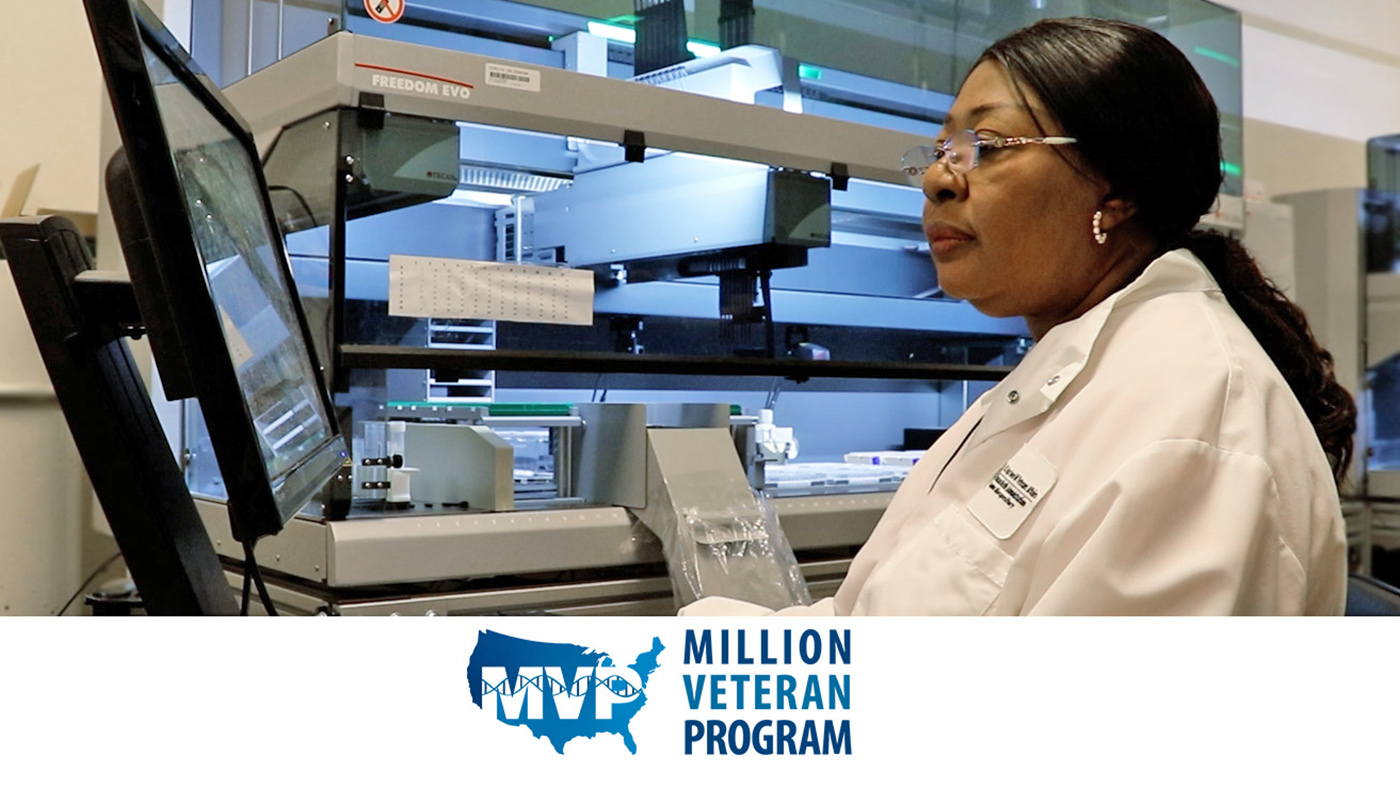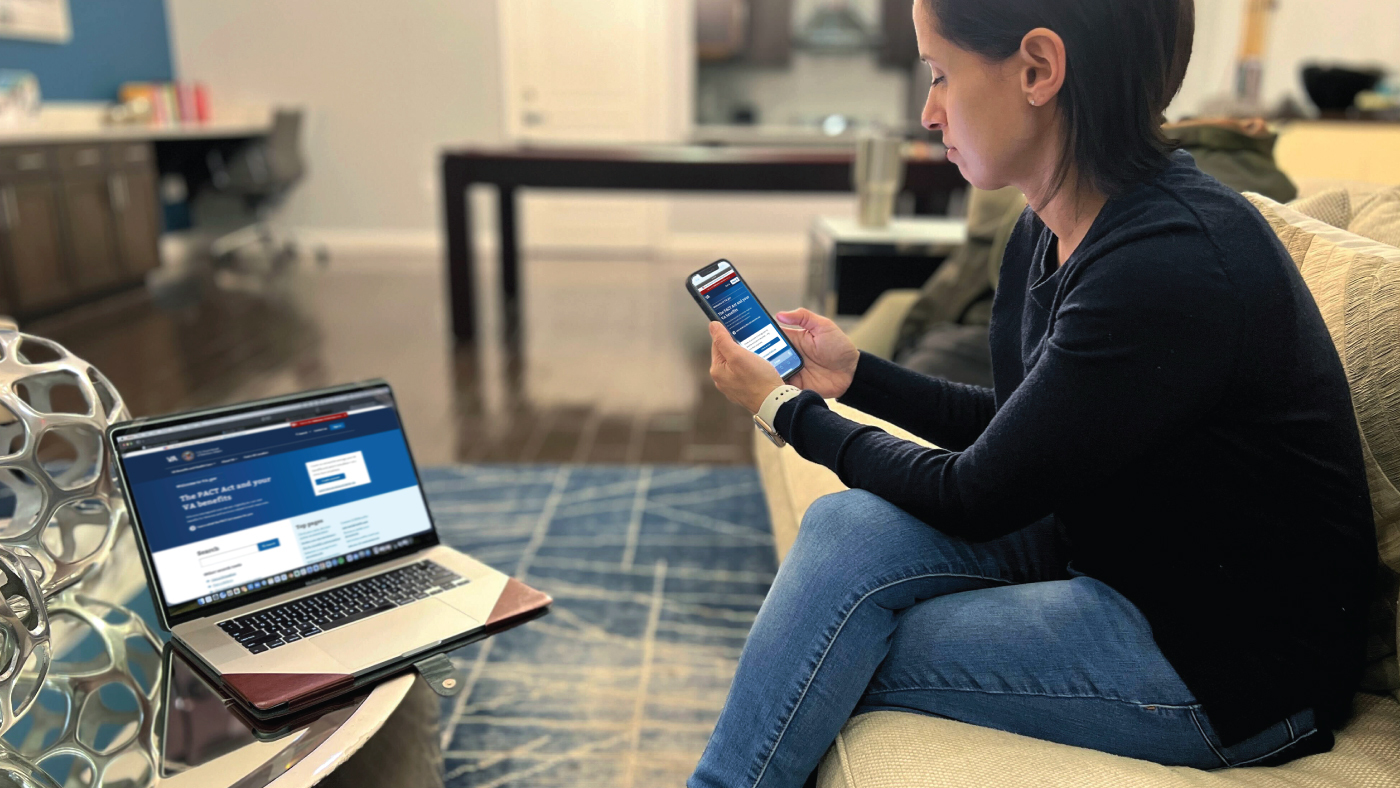There are many joyous things about the holiday season, but this time of year can also bring on stress, depression, and other challenges. For Veterans or their family members, the unique experiences of the military and transitioning back to civilian life can make enjoying the season difficult.
Here are a few things to keep an eye out for as the holiday season approaches — as well as healthy tips for managing these challenges.
Withdrawing From Friends and Family?
The holidays are typically times spent with family members and friends. But Veterans transitioning back to civilian life — or even those who returned home years ago — might find themselves avoiding the people and activities they would usually enjoy.
“I’m a pretty extraverted, amicable person, but I didn’t want anything to do with anybody. I didn’t want to talk with anybody,” says Bryan, a U.S. Marine Corps Veteran. Sometimes a vicious cycle can develop: The more time you spend alone, the less you feel like people will understand you. And the less you feel like people understand you, the more time you want to spend alone.
“You can’t isolate yourself,” says Bryan. “You have to surround yourself with good people that want to see you do better. Take advantage of the programs they have at the VA or the nonprofit organizations that are there to help Veterans out.”
Feelings of guilt can sometimes lead people to withdraw, become irritable, or feel like life has lost meaning. These behaviors can strain personal relationships, especially during the holidays, when most people spend a lot of time with family members and friends. But if you’re having trouble forgiving yourself — for something you did or did not do — talking with your family members and friends is actually a positive first step.
If you notice yourself withdrawing from loved ones, here are a few ways to begin breaking a pattern of isolation. If these actions feel overwhelming, start with small steps.
- Identify the thoughts and feelings that make you want to be alone.
- Reach out to your family members or friends, even if it’s the last thing you feel like doing. Research shows that spending time talking with family members and friends improves your mood and your health.
- Connect with Veterans’ groups or participate in clubs or hobbies focused on something you like.
“Isolation and withdrawal [are] not going to get you the end result that you need,” says Marylyn, a U.S. Army Veteran. “You want to get back to enjoying your life, the things you like to do, and be able to explore new things. So you’re going to eventually have to talk to someone and connect with someone.”
Feeling on Edge in Large Crowds?
Whether you’re walking through a crowded shopping mall or attending a large party with loud noises, you may find yourself in situations that make you uncomfortable during the holidays. Your military training taught you the importance of being observant and alert when you need to be — and being in that state of high alert in civilian life may be stressful.
“When you’re in large crowds or there’s a lot of chaos, you have to keep an eye on everything because you don’t know where a potential threat is,” says Casey, a U.S. Army medic. “After you see things like a life or death matter, your No. 1 goal is ‘I’m always going to protect myself.’”
This experience of feeling on edge is also called hypervigilance, a symptom experienced by some Veterans who have returned from war or experienced traumatic events during their time in the military. Hypervigilance is a state of being on very high alert — constantly “on guard” — to possible risks or threats.
“It takes a long time to shed that alertness,” says Casey. “Once it’s there and you depend on it to stay alive, it’s really hard to lose it once you’ve been back.” Talking to your family and friends can be a first step. Turn to them whenever you are ready.
On edge?
Here are a few tips to keep in mind if you find yourself feeling on edge in large crowds:
- If you’re with friends or family, tell them what you’re feeling so they can try to help you work through it.
- Try grounding yourself by focusing on details of your surroundings or neutral physical sensations, such as the feeling of your feet on the floor.
- Practice relaxation exercises, such as taking slow, deep breaths.
- Calmly remove yourself from the situation.
“Being able to talk helps me manage, because it’s not built up,” says Ertell, a U.S. Marine Corps Veteran who served in Vietnam. “It helps me to manage my hypervigilance.”
Topics in this story
More Stories
Seven U.S. Army soldiers, one Army Reserve soldier and two Veterans are representing Team USA at the 2024 Olympic Games in Paris, which begins today.
The findings of this new MVP study underscore the importance and positive impact of diverse representation in genetic research, paving the way for significant advances in health care tailored to Veteran population-specific needs.
VA reduces complexity for Veterans, beneficiaries, and caregivers signing in to VA.gov, VA’s official mobile app, and other VA online services while continuing to secure Veteran data.







Good reading articles- keep it up!!! Thanks
Very helpful tips. The tips can help cure depression.
I’ve been ” on duty ” since first landing in Vietnam Feb 1966.In fact what I knew was so valued by the Company C ,25th Med.top kick that he put me on “24 hr” status.I ‘ve never been able to stop since.Never thought my hard driving no relaxing life style was bad ,just always thought everyone else ‘goofed.off”way too much.I regard most people as lazy and mostly interested.in pleasure,not being productive.Most humans are extremely self centered and selfish the Vietnam War drove that point home very hard on me.POTUS Johnson and Robert S. Macnamara proved just how selfish powerful men can be to kill 58 K plus people for their personal pride and gain. When I relax….even for a few min…something will always demand my attention….and I feel like a failure for not being “ready for action”….because life is constant non-stop combat forever.Evil from humans is just an instant away and don’t you EVER SLIP or make a mistake.Life has no room for error or mistakes.
I’m reading this article because I just lost my husband a few months ago & was feeling the stress of the holiday. I withdrew from it. It has helped me to understand and look at why I am withdrawing from everyone, because they do not understand my pain. My husband served in the USCG from 1965 to 1969. This explains to me a lot as to the person he was regarding large crowds and ability to analyze a situation quickly. Thank you for this enlightening article.
Another VA resource available to us is Peer Group Counseling. When I experience any of the signs listed in this article I just focus on the fact that I will be back with my buddies on Monday. The group does not judge you or try to put a label on you. Sometimes I even surprise myself by being able to discuss things in the group that I won’t discuss with my own family. Your VA mental health providers can get you started with the enrollment process. Good luck and God bless America.
Hyper vigilance 9 11 Kauai a Vietnam Veteran goes into it and spoils the whole Aloha vacation. Back on the mainland CA his fiancee breaks it off with him. PTSD? There is a lot more to it. Timothy Ross Seabee USN